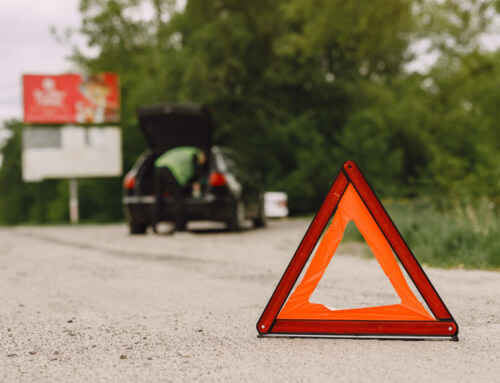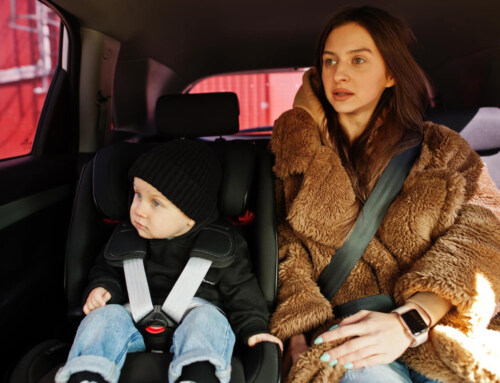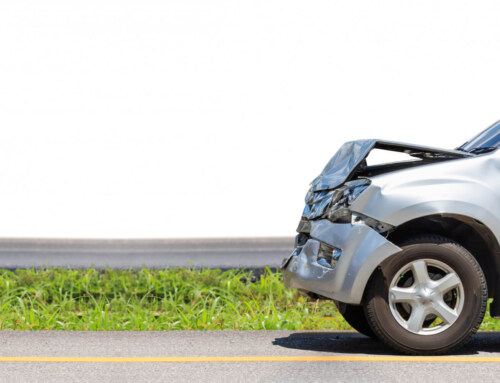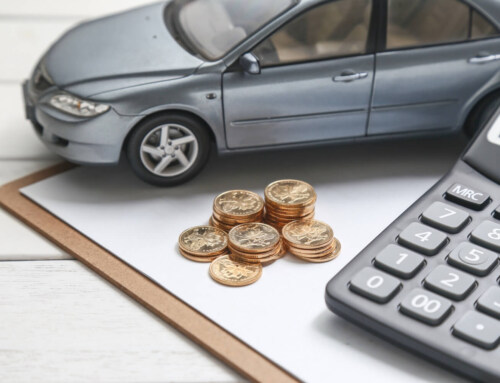The National Highway Traffic Administration (NHTSA) reports that an automobile collision happens every minute of every day. Yes, you did read that right. Every minute of every day, an automobile accident happens to someone – and it could be you.
More than 42,915 people died in automobile accidents in the United States alone as of 2021, according to the Department of Transportation. Since nobody can ever predict a car collision, it can be traumatic for both the driver and the victim. Car accidents are the fourth preventable cause of death in this nation, following heart disease, cancer, and chronic respiratory conditions.
We put a lot of trust in our cars, and for some people, they are an essential part of their everyday lives. We haven’t really considered the possibility that having our own cars could lead to a lot of suffering or pain, or it has just been pushed to the back of our minds as a necessity. Because of this, it is natural to feel confused and overwhelmed with what to do after a car accident or other form of motor vehicle accident when it actually occurs.
Fortunately, we can overcome such traumatic events by remaining calm and having a general plan in mind. There are some things you can do—and some things you should not do—to improve your chances of receiving maximum compensation for your injuries and making sure that you and your loved ones recover from such a distressing event.
5 things on what to do after a car accident:
Check for Injuries
The first thing to do is to determine whether or not anyone was injured, starting with you and your passengers. Then, if it’s safe to do so, check on the degree of injury that they have sustained. Knowing the difference is mandatory to your next sequence of action. If you find any life threatening injuries, then you must call for emergency services right away.
It is crucial to remember not to offer help that is beyond your level of expertise. Moreover, unless someone is in immediate external danger (such as a fire), do not move anyone as this will only make matters worse!
Contact Local Law Enforcement
If you called for emergency services, a police officer will almost certainly be dispatched to the scene as well. Local law enforcement is often called to the scene of an accident to ensure that safety protocols are followed to protect both those involved in the accident and those in the surrounding as well.
Even if no one appears to be injured, you must contact the police if the property damage exceeds a certain amount specified by state law (typically $1,000, but less in some states). It is often best to file a police report because it is impossible to know the exact cost of damage at the scene. Plus, it’s always good practice to get these things into writing for when legal matters arise from the incident.
Police officers can also be of valuable help regarding what to do after a car accident especially if both parties involved aren’t able to handle the situation properly. The presence of law enforcement may also be extremely beneficial if it is discovered that the other driver is under the influence of alcohol or driving without the proper documents.
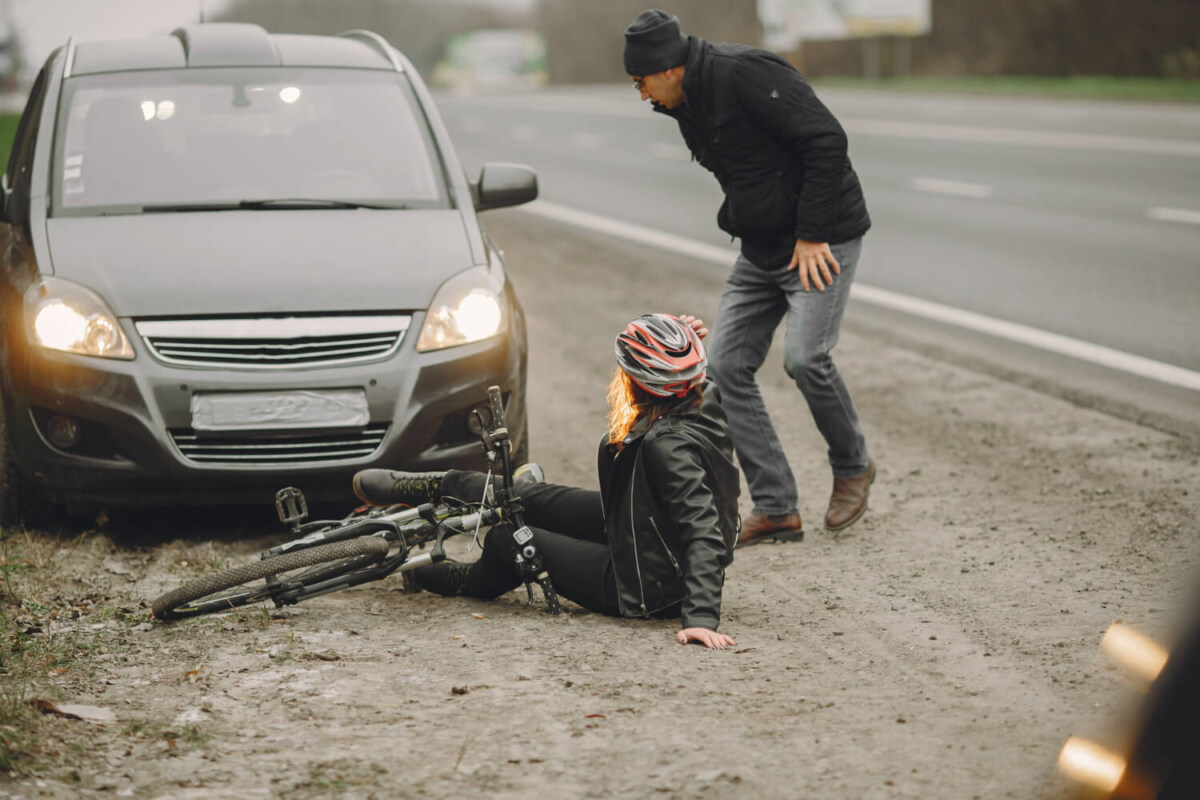
Get the Other Driver’s Information
Identify any other drivers who may have been involved in your accident and obtain their names, contact information, driver’s license numbers, and car insurance information. While you might want to hash out the details of the crash with the other driver, it’s best to limit your interaction so you don’t admit guilt, blame the other person or let the other driver know what your insurance policy limits are.
If the driver is not the owner of the vehicle, obtain the owner’s information as well. Take a picture of the other driver’s insurance card and driver’s license and email or text it to yourself to avoid transcription errors or information loss.
Obtain the names and contact information of any witnesses. Your insurance company or attorney may require their testimony to confirm your version of events.
Collect Evidence
Gathering evidence is the next most crucial thing to do in terms of what to do after a car accident.
Once you are able you can gather some preliminary evidence at the crash site. If at all possible, you or someone else should photograph the collision. The photos should show all of the damage to the vehicle from various angles.
You must prove that you were injured during the accident in order to receive compensation for your injuries. This means you must document everything in order to win the claim, or at least present a strong case thereof.
Photos of your injuries should show how they affected your life after they occurred. This will be useful to your attorney when filing a compensation claim. Additionally, keep copies of your medical expenses as proof of your injuries following a car accident.
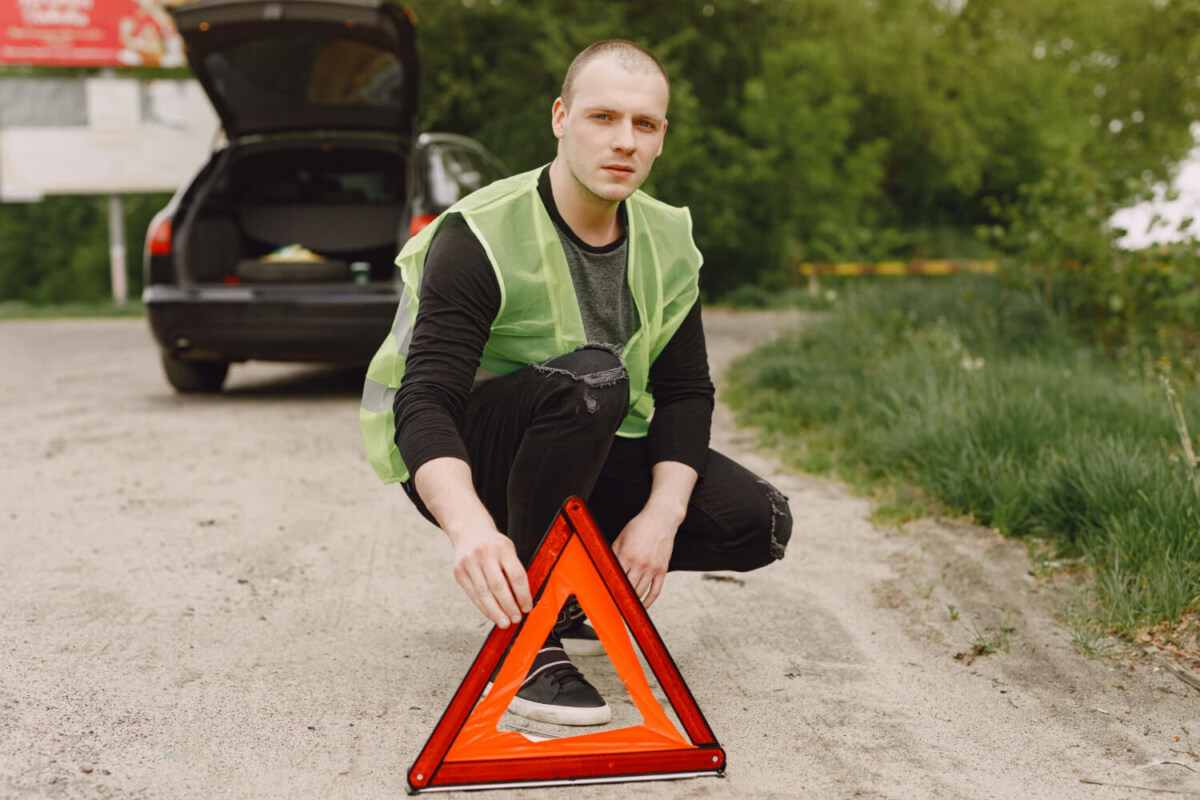
File an insurance claim
Once everything has calmed down and you find yourself safe and secure, consider filing an insurance claim. You are not required to file a claim if the accident was your fault. However, keep in mind that even minor accidents can cost you more than you think.
If you were not at fault in the accident, you must file a claim with the at-fault driver’s insurance company. First, contact your own insurer; they may file a claim with the driver’s insurer on your behalf.
Even if the accident was caused by another driver, you may still be required to use your own insurance. If this is the case, you should file a claim with your insurance company and be prepared to pay a deductible. Your insurer will communicate with the other driver’s insurance company and, if necessary, refund your deductible.
Furthermore, depending on where you live and the severity of your accident, you may be required to file an accident report with your local department of motor vehicles (DMV). Each state has its own set of requirements.
In California, for example, you must report an accident to the DMV within 10 days if there is more than $1,000 in damage to any person’s property or if anyone is killed or injured, regardless of the severity.
Check with your state DMV to learn about the reporting requirements in your state.
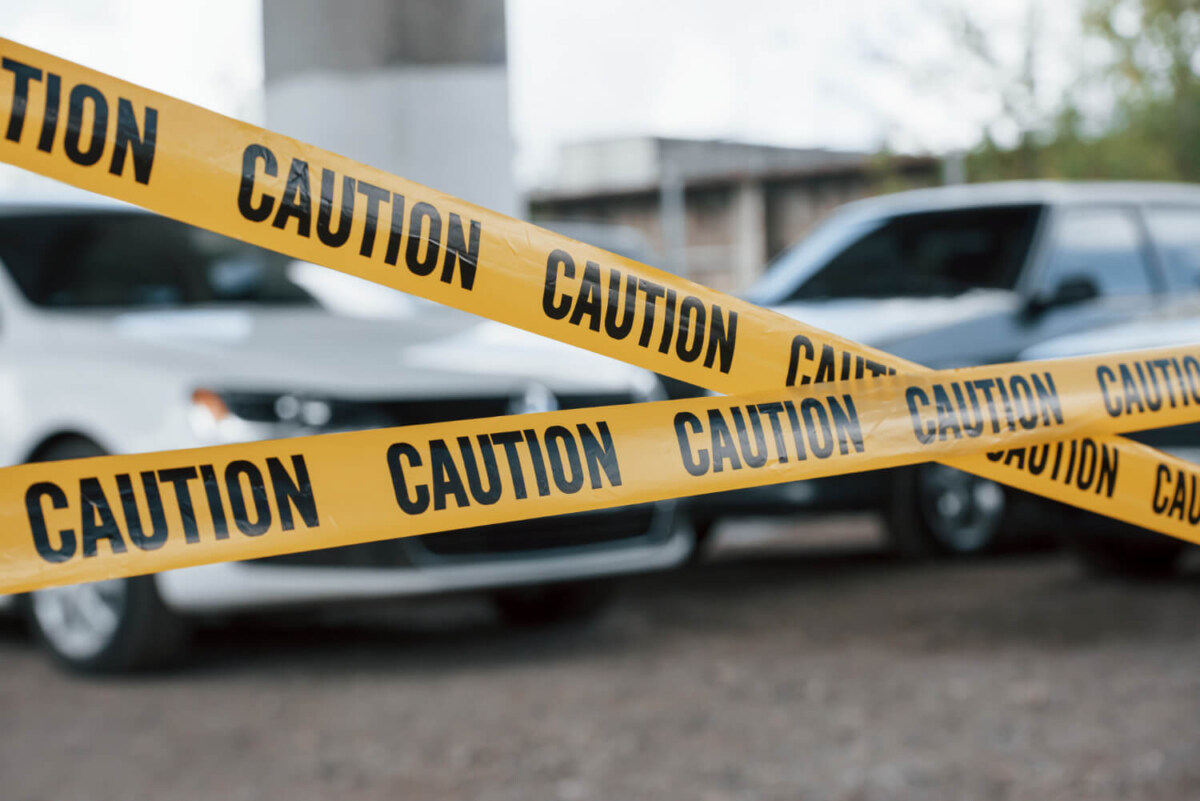
Post-Collision Automobile Care | Dent Removal Sunnyvale
Whether you have recourse or contingencies in place, a vehicle accident, regardless of severity, is a very stressful ordeal. Aside from the property damage and legal issues, the mental trauma it can cause would be overwhelming for the vast majority of those involved.
Preventative measures such as cautious driving and comprehensive insurance policies are always preferable to the most advanced and sophisticated cure. A strong self-preservation mentality is also beneficial in guiding you with what to do after a car accident.
Anchor Auto Body, on the other hand, has you covered for all things automotive. Not only do we keep your car in top condition at all times, but we also work with a number of insurance companies to make the process easier for you. Call us, regardless of the reason, and we will help you.
Also, if you’re also worried about car scratches, you can read our blog about easy ways to repair scratches to your car vinyl wrap. We also have you covered in the event of a minor collision. Check out our dent repair and removal services to get it looking like new again. Jacob Soviero has had a positive and satisfying experience with us. Here’s what he has to say:
One of the best experiences I have ever had with an auto body shop. Clear, direct and on-time. The work was completed up to my level of understanding and they finished with a detailing. The customer service by the front office team was just as good. Thank you to the team for the great experience. I would recommend this place to anyone!!


